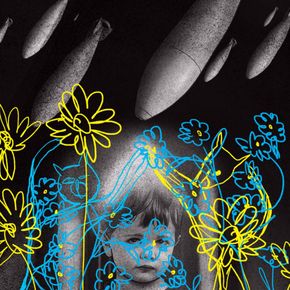How AI predicts fashion trends and creates new fragrances
Cosmetic brands use the achievements of neuroscience and artificial intelligence to create new fragrances and sell products. Using ingredients called neuro-fragrances, perfumes can be designed to evoke specific emotional responses – such as calm, euphoria or drowsiness. L’Oréal SA entered into cooperation with the neurotechnology company Emotiv Inc., and customers of some Yves Saint Laurent SAS stores performed electroencephalograms (EEG) in retail outlets to determine which fragrances they liked. The results so far show that 95% of customers have found the right perfume for themselves this way.
The fashion industry also uses AI services – fashion forecasting agencies rely on results generated by machine learning to spot emerging trends. Artificial intelligence predicts style changes, shapes collections and helps reduce waste. AI tools can detect patterns in large datasets, including fashion show photos, social media posts, search engine information, and sales data, allowing companies to spot emerging trends faster and more precisely. For example, AI models developed by the Paris-based company Heuritech analyse millions of images published on social media, and their users are classified as “brave” (people with an innovative style that is a signal of upcoming trends), “trendy” (influential early adopters of new trends) and “mainstream” (the rest of users).




























